A goiter is an abnormal growth of the thyroid gland located at the base of the neck, below the Adam’s apple. The thyroid gland enlarges and causes a noticeable bulge in the neck.
The treatment of the goitre depends on its cause, symptoms, and complications.
In most cases, people with enlarged thyroids do not show any signs or symptoms other than a swelling at the base of the neck. Often, the goitre is small enough that it is only discovered during a routine medical examination or an imaging test for another condition.
1. How is Goiter diagnosed?
There are several tests to confirm goiter and determine their size and location. These tests can include:
2. How is Goiter treated?
Treatment for goiter depends on how large your thyroid has grown, its symptoms and what caused it. Treatments include medication, iodine treatment, surgery, and minimally invasive procedures, such as Thyroid Artery Embolisation and Radiofrequency Ablation.
Surgical removal of substernal or intrathoracic goiter can be a complex procedure and carries risks such as bleeding, infection, damage to surrounding structures, and vocal cord paralysis.
TAE is a medical technique used to treat conditions resulting from excessive thyroid hormone production. In this procedure, one or more of the arteries that provide blood to the thyroid gland are intentionally blocked (embolised) to reduce the blood supply. This helps limit hormone production and thus subside the symptoms.
It is painless and done under local anaesthesia, and the patients stay in the hospital for one night only. Since the thyroid is not directly touched, there is zero % danger of voice loss due to nerve damage.
The procedure
Thyroid artery embolisation is a minimally invasive procedure that involves injecting a substance into the blood vessels that supply the thyroid gland, causing the blood vessels to narrow or block. This reduces blood flow to the goitre, causing it to shrink in size over time.
Benefits of Thyroid Artery Embolisation (TAE)
How can I get started with TAE?
To get started with TAE and determine if it’s the right treatment option for you, it’s vital to set up a consultation with our experts at C3 Medicare.
Our doctors review your symptoms and medical history and conduct imaging studies to ascertain the number and size of the fibroids you have.
Thyroid nodules, even when benign (non-cancerous), can grow visibly prominent and cause swallowing or breathing difficulties, persistent cough, and hoarseness.
Ablation is a minimally invasive technique for shrinking the size of tumours, nodules, or other body growths. It is a less invasive alternative to surgery or radioactive iodine therapy (RAI) and is a safe way to treat patients with symptomatic thyroid nodules.
Ablation is used to treat:
Procedure
During this procedure, a small needle electrode is inserted into the thyroid nodule using ultrasound guidance. The heat generated at the needle tip destroys the target tissue.
How can I get started with Ablation?
To determine if Ablation is the right treatment option for you, set up a consultation with our experts at C3 Medicare.
Our doctors review your symptoms and medical history and conduct imaging studies to ascertain the number and size of the fibroids you have.
Benign prostatic hyperplasia (BPH), also called an enlarged prostate, is a condition in which the prostate grows in size. The prostate is a small gland, about the size of a walnut, that rests below your bladder and in front of your rectum, surrounding part of your urethra.
If you have trouble getting pregnant and your doctor says it is because your fallopian tubes are blocked, a non-surgical procedure called Fallopian Tube Recanalization (FTR) may be the optimal solution for you.
Read more
If you were diagnosed with internal haemorrhoids and are continuing to struggle despite more traditional treatment, a non-surgical outpatient treatment is now available that can decrease bleeding and improve your quality of life.
Diabetes can also affect blood flow to your legs and feet. Arteries of people with diabetes can become narrowed or blocked( Peripheral Artery Disease). Poor circulation reduces the delivery of oxygen, nutrients and immune cells to the foot making it difficult for a diabetes-related foot ulcer or infection to heal.
The ends of bones in your joints are capped in a layer of tough, smooth cartilage that cushions, lubricates and protects the ends of your bones. If the cartilage is worn down or damaged your bones rub together when you use that joint.
Read More
If you have been living with undiagnosed chronic pelvic pain or been diagnosed with Pelvic congestion syndrome, you do not have to live with chronic pelvic pain forever. Our specialists are experienced in caring for common and complex vein disease.
A goiter is an abnormal growth of the thyroid gland that is situated at the base of the neck, below the Adam’s apple. The thyroid gland enlarges and causes a noticeable bulge in the neck.
If you have recently been diagnosed with uterine fibroids or are experiencing symptoms like heavy bleeding or frequent urination, contact us for an appointment with our experts.
Blood is carried back from the testes to the heart by veins. The veins have valves to prevent blood from flowing in the wrong direction. When the valves fail to work correctly, blood flows downwards into the scrotal area, increasing the pressure in the veins of the testes.
Varicose veins are veins under the skin of the legs. The blood moves towards the heart by one-way valves in the veins. When your vein walls are weak and your valves are not working right, blood backs up, making the veins widen, bulge, and twist.

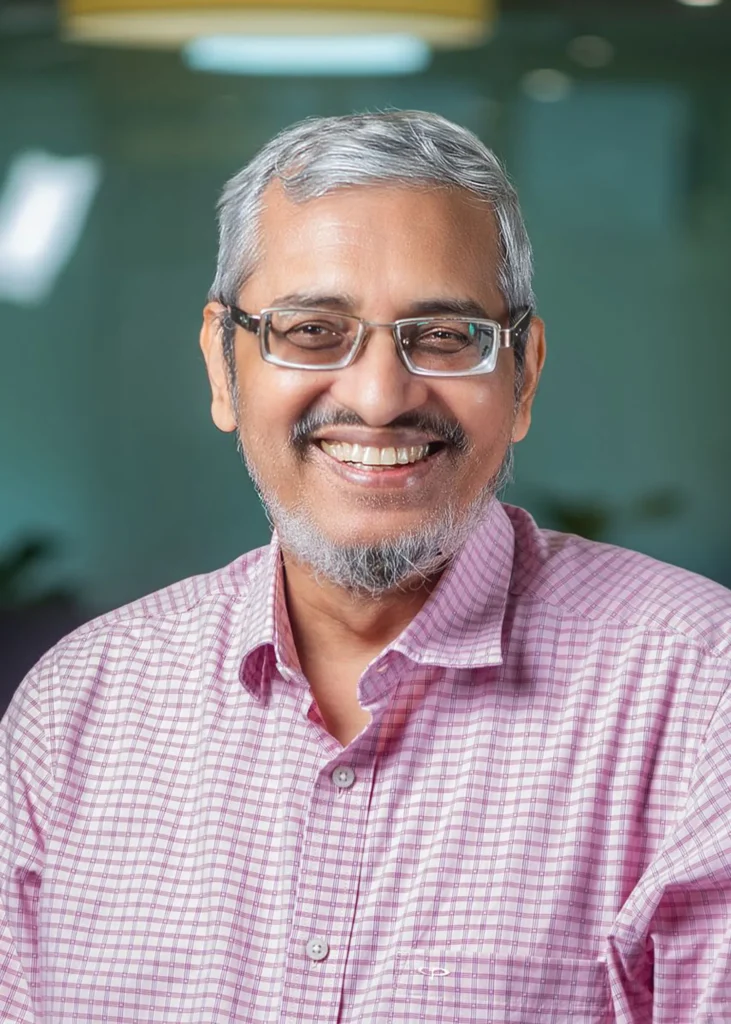
An alumnus of the Harvard-MIT Program in Health Sciences and Technology (HST) with deep expertise in Molecular Oncology, Dr. Mama has worked at premier global oncology medical institutions. With a career marked by remarkable dedication, Dr. Mama has a legacy of compassion and accessibility in cancer care.
Seeing the acute lack of awareness amongst patients in navigating cancer treatment and access to affordable medical services, he returned to India with a commitment to give back to the community by sharing his expertise and addressing the challenges faced by cancer patients in India. He began this journey by pro bono helping over 35,000 patients diagnosed with Cancer navigate the challenges of Cancer treatment.
Identifying critical gaps in cancer care and examining solutions across India’s cancer care ecosystem through multi-stakeholder collaboration, Dr. Mama develops practical solutions for reshaping how cancer patients are treated and improving efficiencies in cancer care.
An investor in several healthcare companies in the USA and Europe, he is also a mentor for start-ups at Oxford University.
He founded C3 Medicare, a medical daycare centre to build capacities in Cancer Navigation and Cancer Care services and leverage the power of Interventional Radiology to provide affordable minimally invasive image-guided diagnosis and treatment using the least invasive techniques available.
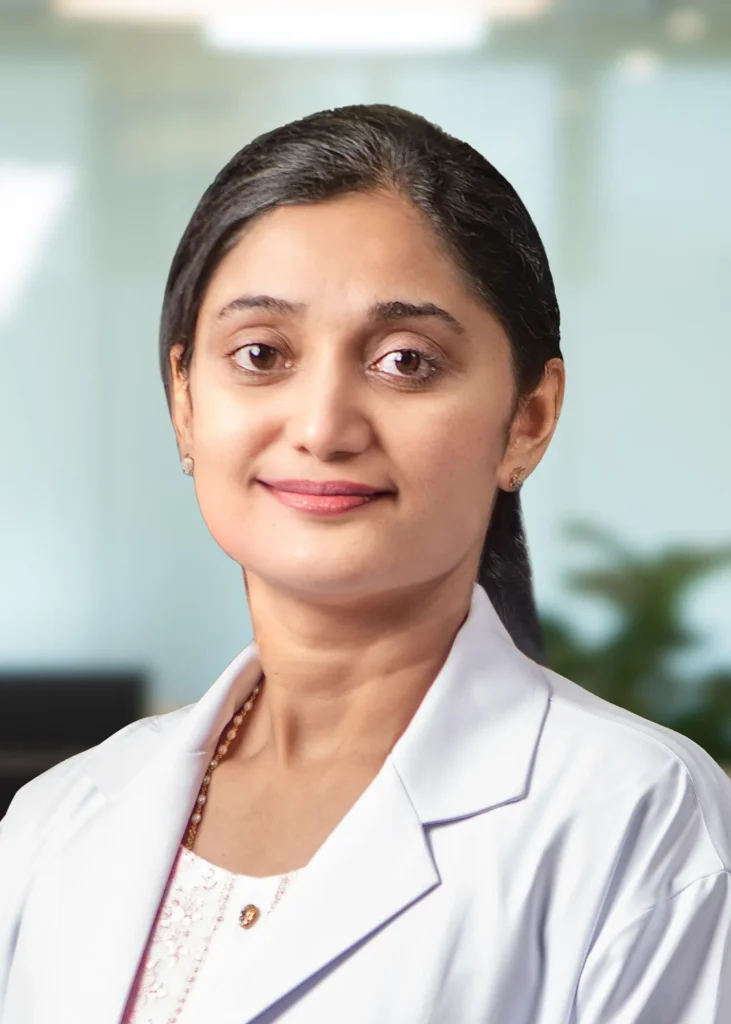
Dr. Mary Mandapathil is the Director of Clinical Services and Consultant Anaesthesiologist at C3 Medicare. She completed her M.D. (Anaesthesiology) from Tata Memorial Hospital, Mumbai, in 2010 and PG Diploma in Hospital and Healthcare Management from Symbiosis Institute.
She worked as a Specialist at Lakeshore Hospital, Kochi and subsequently as a Consultant in the Department of Anaesthesiology at Sir HN Reliance Foundation Hospital and later as a Consultant at Kokilaben Dhirubhai Ambani Hospital, Mumbai. She has been a speaker at numerous conferences and is AHA-certified in BLS, ACLS and PALS.
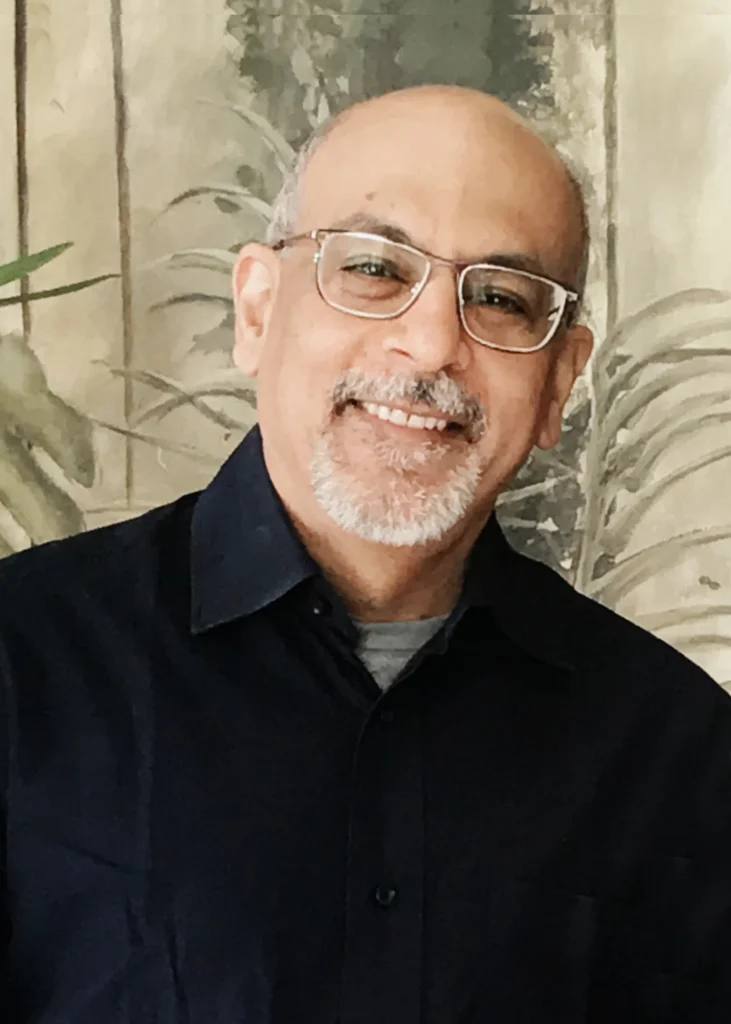
Dr Mukul Mutatkar has been a consultant in Interventional Radiology in Imaging and vascular for three decades.
A graduate of the Armed Forces Medical College (AFMC) and a B.J Medical College(BJMC) postgraduate, he underwent training in MRI and CT in the USA, Germany, Japan, and Australia. He has also trained in the UK and France with short sessions in Trivandrum and Japan for Interventional Radiology.
He is one of the founders, directors, and consultants of the successful OMEGA MRI Centre and the PDS CT Scan Centre in Pune.
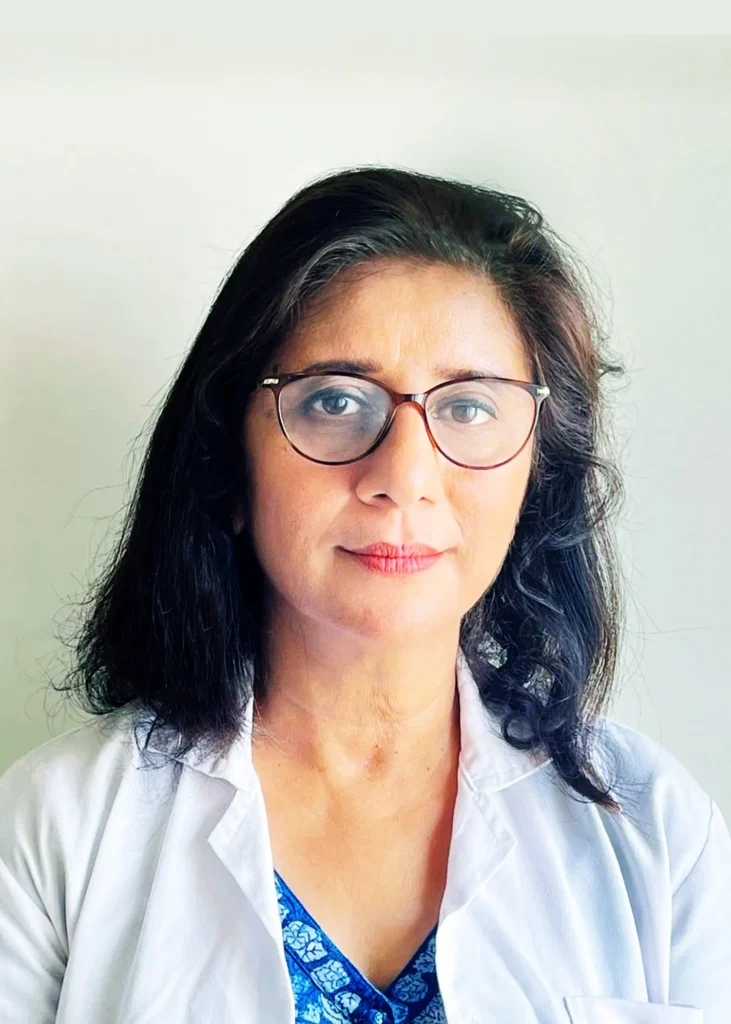
Dr Sainani, a renowned medical oncologist who has been practising since 2002 at various hospitals in Mumbai, graduated from MBBS at Lady Harding Medical College Delhi and completed her MD at INHS Asvini Hospital Mumbai in 1997. nAfter a fellowship in Haematology at B J Wadia Children’s Hospital, she trained in oncology at the renowned Tata Memorial Hospital, Mumbai’s major cancer referral centre.
She trained at Royal Melbourne Hospital, Australia’s Bone Marrow Transplant Unit, and today provides stem cell transplant expertise to centres at Jaslok Hospital and Sir HN Reliance Foundation Hospital.
A member of the European Society for Medical Oncology(ESMO), Indian Society of Medical and Paediatric Oncology ( ISMPO), Indian Cooperative Oncology Network( ICON), ImmunoOncology Society of India (IOSI), Mumbai Haematology Group( MHG).
She has been a part of many clinical research trials and has publications in national and international journals.
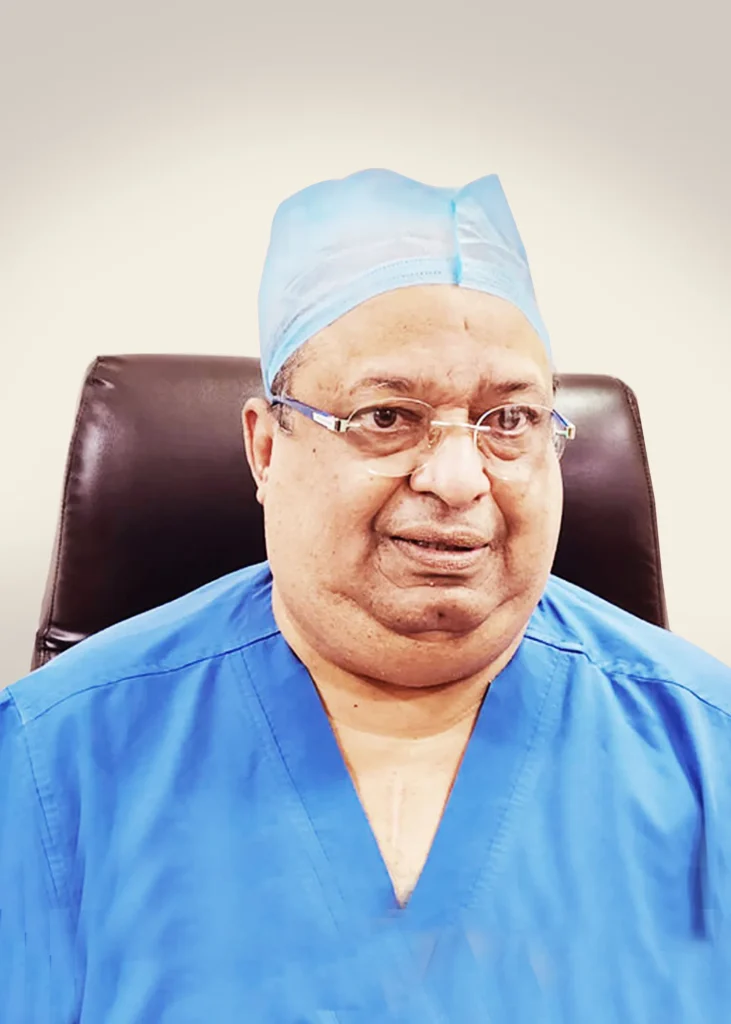
Dr Murarka, a highly experienced surgical oncologist with an impressive 40-year career, completed his post-graduation at the renowned Tata Memorial Hospital in Mumbai. He further honed his skills through training at the prestigious Memorial Sloan Kettering Cancer Centre in New York & St. Mark’s Academic Institute, U.K., solidifying his position as a leading expert.
Dr. Murarka is a specialist in Surgical Oncology and a Consultant at various hospitals, including Saifee Hospital, Raheja Hospital, Nanavati Hospital, Sushruta Hospital, and Ramakrishna Mission Hospital.
Dr Murarka has worked at the top hospitals in the city and country, including Lilavati Hospital, Hinduja, S.L. Raheja (Fortis), and Breach Candy.
Dr. Murarka has published several papers in India and abroad and is a member of several prestigious medical associations.
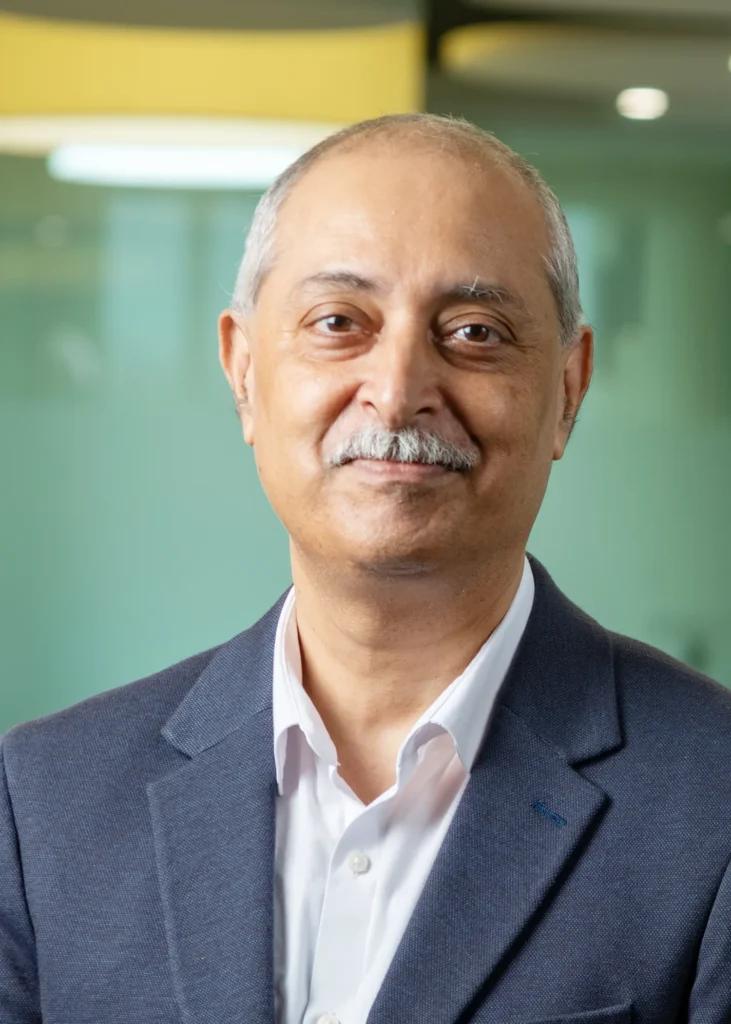
Dr Pant, an Interventional Radiologist specialising in vascular and non-vascular IR for the past two decades, is an alumnus of Armed Forces Medical College, Pune. He further trained in Interventional Radiology for both Peripheral and Neuro-Intervention at the Bombay Hospital and Institute of Medical Sciences, Mumbai.
He was the Director of Imaging and Radiology and Consultant in Interventional Radiology at the Department of Radiology & Imaging at Sir H. N. Reliance Foundation Hospital and Research Centre.
Dr Pant has expertise in various interventional procedures, such as Intracranial Aneurysm therapy, Stroke Intervention, Portal Hypertension, and Endovascular Repair of Abdominal and thoracic Aortic Aneurysms. He has experience in the interventional treatment of liver cancer by TACE and RFA.
He has been awarded the Vishisth Seva medal by the President of India and a commendation by the GOC-in- C southern Command.
An academician for over two decades, Dr. Pant has been a postgraduate teacher under MUHS, Nasik, and an examiner at the Interventional Radiology fellowship and DNB (radiology). He has been a professor (Radio diagnosis) at MUHS, Nasik, since 2010. He is also a member of the Executive Council and was the past Vice President of the Indian Society of Vascular and Interventional Radiology. He has published 18 papers and presented his work at many conferences.